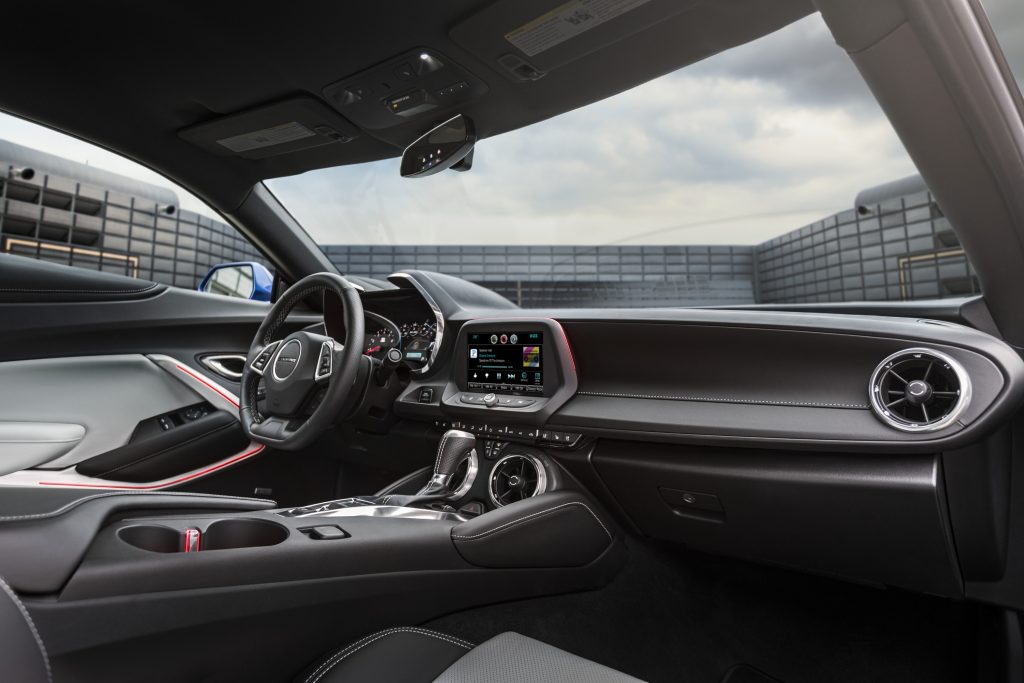

And in actuality, it is better, as I have learned to drive the car more efficiently. While this still might be the case, at nearly 50k electric miles, my daily electric range is precisely where it was when I bought the car. As someone who charges 1.5 cycles a day, I was worried I would be pushing the limits of the battery and would be one of the first Volt owners to see less daily range.

I nervously watched the Leaf owner forums when owners in hot climates started seeing their batteries degrade in hotter climates. So far the car is not expensive, nor have I had any problems requiring dealer intervention. I did my one and only oil change last month. My front two tires, which I have shamelessly ignored with only one rotation, will likely need replacing in about 6 or 7k miles. My brakes appear to be almost new, as I drive in Low almost all the time (it reduces the use of brakes to almost nothing). But nothing that required dealer service. I have connected to a bad electric vehicle service supply that threw some error codes, that had I not known better, would have resulted to me taking the car in. Short of that, I haven't had any issues that required service. My car was one of the early Volts that needed the battery reinforcement upgrade. I have brought my car into the shop one time. Well, this is a major jinx, but I don't know any other way to say it. Will the car be expensive to maintain? Will I have a lot of problems? I have only changed the oil once with my volt, netting me an additional $540 in savings, or $18 a month. After 50,000 miles, I would have changed the oil 7 times with my other vehicles. Oil changes averaged around $90 a change. I changed my oil around 7,000 miles (using synthetic) for both my previous cars. You should also add in the cost of oil changes.

Comparing this to the Volt, I am only spending about $40 a month in total fueling costs, netting me a savings of $160-$220 a month on fuel alone. So, had I kept driving either of those two cars, ignoring all other costs, I would have spent anywhere from $200-266 a month in fuel costs. The previous two cars I owned was a Mini Cooper that got around 32 MPG and a BMW Z3 2.8 that averaged a little less than 23 MPG. This leaves a tremendous buffer for both charging and discharging, the two most common culprits of premature capacity loss.To compare those numbers above to my previous vehicles. Why? The simple reason is that GM over-engineered the Volt’s 16 kWh lithium-ion battery, only allowing the vehicle to draw on 10 kWh at most.
#Chevy volt range 2012 full
Yet, the Volt’s battery pack remains at its full capacity. Belmer claims to have covered approximately one-third of his driving using just electricity – about 103,000 miles. Owned by Eric Belmer, the 2012 Chevy Volt still offers the 35 miles of electric driving range it left the factory with despite driving about 6,500 miles per month. However, one owner of a 2012 Chevy Volt has driven his plug-in hybrid over 300,000 miles with no signs of battery degradation, according to Green Car Reports. Some electric vehicles (EVs), such as the Nissan LEAF, have been subject to premature capacity loss in the battery pack, resulting in a shortened maximum range. A major concern for many would-be buyers of electric and plug-in hybrid vehicles is the potential lifespan of the expensive lithium-ion batteries.


 0 kommentar(er)
0 kommentar(er)
